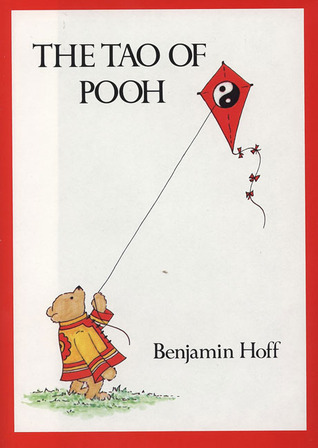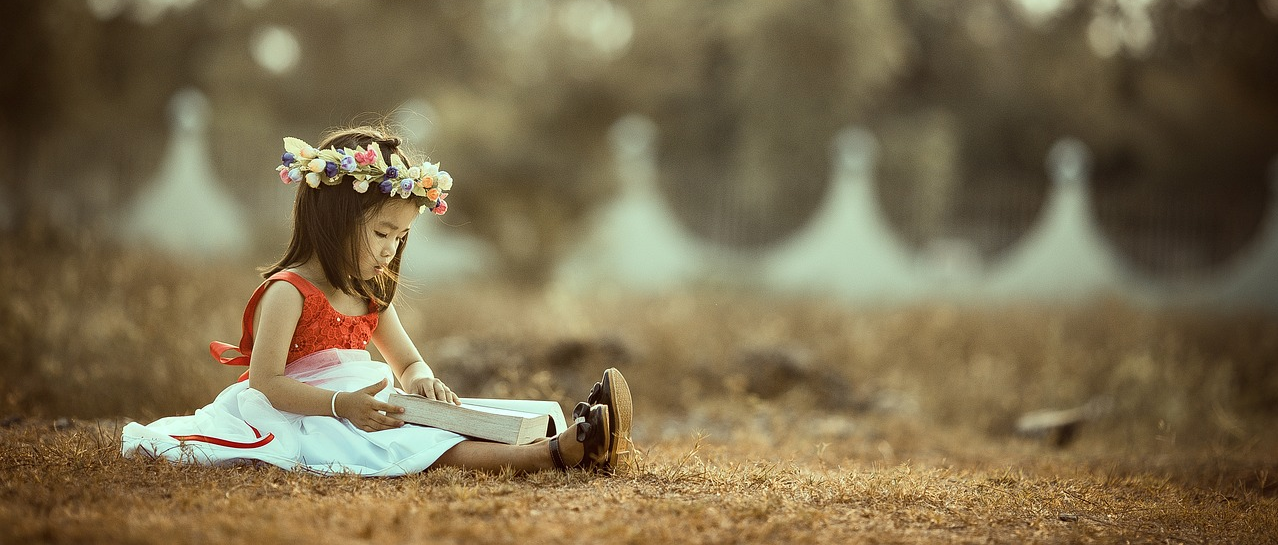54 Results in the "Philosophy" category
Biography & Memoir (352)
Books Like (1)
Business & Finance (25)
Children’s Fiction (4)
Education & Learning (4)
Fantasy (196)
Fiction (2042)
Health & Wellness (20)
Historical Fiction (375)
Horror (58)
Literary Fiction (460)
Non-Fiction (894)
Novel (181)
Others (1)
Poetry (194)
Politics & History (84)
Posts (4)
Psychology (46)
Romance Novel (164)
Science & Technology (28)
Science Fiction (73)
Self-Help & Personal Development (99)
Thriller / Mystery (529)
Travel & Adventure (2)
True Crime (53)
view (98)
Young Adult (96)
-
Chapter
Freedom
 Freedom in artistic expression is a topic that sparks debate when discussing whether artists carry a social responsibility. Some argue that artists should use their work to address pressing social issues, while others believe that such expectations may limit their freedom and compromise creative integrity. From this perspective, art is most impactful when it is created without the burden of serving an external agenda, allowing meaning to emerge naturally rather than being dictated by an imposed…
Freedom in artistic expression is a topic that sparks debate when discussing whether artists carry a social responsibility. Some argue that artists should use their work to address pressing social issues, while others believe that such expectations may limit their freedom and compromise creative integrity. From this perspective, art is most impactful when it is created without the burden of serving an external agenda, allowing meaning to emerge naturally rather than being dictated by an imposed…-
341.4 K • Ongoing
-
-
Chapter
The Vessel and the Filter
 "The Vessel and the Filter" presents a compelling metaphor for understanding how individuals process, interpret, and transform the vast amount of information they encounter daily. The mind is described as a vessel that continuously collects thoughts, emotions, and sensory experiences from the external world. However, this vessel does not absorb everything indiscriminately; rather, it utilizes an internal filter—a cognitive mechanism that determines what is retained, what is altered, and what is…
"The Vessel and the Filter" presents a compelling metaphor for understanding how individuals process, interpret, and transform the vast amount of information they encounter daily. The mind is described as a vessel that continuously collects thoughts, emotions, and sensory experiences from the external world. However, this vessel does not absorb everything indiscriminately; rather, it utilizes an internal filter—a cognitive mechanism that determines what is retained, what is altered, and what is…-
341.4 K • Ongoing
-
-
Chapter
Chapter 1: Foreword
 Foreword: The journey of writing often begins not with a grand plan, but with a curious spark. When Pooh notices Benjamin Hoff writing, his innocent interruption becomes the foundation of something greater. Hoff, trying to explain his book, declares it’s about staying peaceful and content no matter what. Pooh, with his usual calm demeanor, challenges this idea not by argument, but with a simple question—whether Hoff has truly understood the lessons he’s writing about. That question hits deeper than…
Foreword: The journey of writing often begins not with a grand plan, but with a curious spark. When Pooh notices Benjamin Hoff writing, his innocent interruption becomes the foundation of something greater. Hoff, trying to explain his book, declares it’s about staying peaceful and content no matter what. Pooh, with his usual calm demeanor, challenges this idea not by argument, but with a simple question—whether Hoff has truly understood the lessons he’s writing about. That question hits deeper than…-
68.0 K • Ongoing
-
-
Chapter
Point of View
 The chapter "Point of View" delves into the essence of art and its role in expressing the unique perspective of the artist. Rather than aiming for technical perfection or universally accepted beauty, the goal of art is to communicate the artist's personal view of the world. This expression allows others to engage with the artist's inner world, experiencing emotions, thoughts, and observations that might differ from their own. It is in this distinct personal element—rather than in adherence to…
The chapter "Point of View" delves into the essence of art and its role in expressing the unique perspective of the artist. Rather than aiming for technical perfection or universally accepted beauty, the goal of art is to communicate the artist's personal view of the world. This expression allows others to engage with the artist's inner world, experiencing emotions, thoughts, and observations that might differ from their own. It is in this distinct personal element—rather than in adherence to…-
341.4 K • Ongoing
-
-
Chapter
Chapter 13: Bear
 Bear plays a central role in the chapter, where the discussion turns toward Beethoven’s "Ode to Joy." The piece, well-known for its grand theme of unity, becomes the backdrop for a playful exchange between Pooh and the narrator. Pooh, in his usual charmingly simple way, expresses his love for the song and humorously claims that the line “Sing Ho! for the life of a Bear!” should be included. He suggests that perhaps Beethoven simply hadn’t thought to mention bears in the lyrics, a moment that…
Bear plays a central role in the chapter, where the discussion turns toward Beethoven’s "Ode to Joy." The piece, well-known for its grand theme of unity, becomes the backdrop for a playful exchange between Pooh and the narrator. Pooh, in his usual charmingly simple way, expresses his love for the song and humorously claims that the line “Sing Ho! for the life of a Bear!” should be included. He suggests that perhaps Beethoven simply hadn’t thought to mention bears in the lyrics, a moment that…-
68.0 K • Ongoing
-
-
Chapter
Context
 This context plays a crucial role in shaping how we interpret the world around us. Picture a single flower resting in the middle of a lush meadow, blending harmoniously with its surroundings. Now, envision that same flower carefully placed on a gravestone or wedged into the barrel of a rifle. Instantly, the meaning of this simple object transforms, no longer just a delicate piece of nature but a symbol carrying vastly different emotions—mourning, defiance, or even resistance. This striking example…
This context plays a crucial role in shaping how we interpret the world around us. Picture a single flower resting in the middle of a lush meadow, blending harmoniously with its surroundings. Now, envision that same flower carefully placed on a gravestone or wedged into the barrel of a rifle. Instantly, the meaning of this simple object transforms, no longer just a delicate piece of nature but a symbol carrying vastly different emotions—mourning, defiance, or even resistance. This striking example…-
341.4 K • Ongoing
-
-
Chapter
The Unseen
 The chapter "The Unseen" examines the deeper layers of artistic expression, emphasizing that art extends beyond tangible form and commercial value. It challenges the idea that creativity exists solely for consumption, proposing instead that true artistic endeavors serve as a bridge to something greater—an intangible dimension that cannot be measured or fully understood. The chapter suggests that every genuine work of art carries an essence beyond its physical manifestation, inviting both the creator and…
The chapter "The Unseen" examines the deeper layers of artistic expression, emphasizing that art extends beyond tangible form and commercial value. It challenges the idea that creativity exists solely for consumption, proposing instead that true artistic endeavors serve as a bridge to something greater—an intangible dimension that cannot be measured or fully understood. The chapter suggests that every genuine work of art carries an essence beyond its physical manifestation, inviting both the creator and…-
341.4 K • Ongoing
-
-
Chapter
Chapter 10: The Now of Pooh
 Chapter 10: The Now of Pooh, Hoff reflects on why people, particularly the young, follow Pooh, a bear often described as having “a Little Brain,” on his adventures in the Hundred Acre Wood. He questions whether following one’s brain is truly the right approach, or whether it’s better to listen to "the voice within." Hoff argues that the brain, though valuable for many tasks, fails to grasp the most important aspects of life. Intelligence and cleverness can often distance people from the world…
Chapter 10: The Now of Pooh, Hoff reflects on why people, particularly the young, follow Pooh, a bear often described as having “a Little Brain,” on his adventures in the Hundred Acre Wood. He questions whether following one’s brain is truly the right approach, or whether it’s better to listen to "the voice within." Hoff argues that the brain, though valuable for many tasks, fails to grasp the most important aspects of life. Intelligence and cleverness can often distance people from the world…-
68.0 K • Ongoing
-
-
Chapter
Temporary Rules
 In the world of artistic creation, the relationship between creativity and constraints is often misunderstood. Many assume that true artistic freedom comes from having no limitations, yet history proves that restrictions, including temporary rules, can serve as a powerful force in fueling innovation. When an artist is given free rein, the endless possibilities can sometimes lead to stagnation or indecision. However, when boundaries are intentionally set—whether through temporary rules, limited resources,…
In the world of artistic creation, the relationship between creativity and constraints is often misunderstood. Many assume that true artistic freedom comes from having no limitations, yet history proves that restrictions, including temporary rules, can serve as a powerful force in fueling innovation. When an artist is given free rein, the endless possibilities can sometimes lead to stagnation or indecision. However, when boundaries are intentionally set—whether through temporary rules, limited resources,…-
341.4 K • Ongoing
-
-
Chapter
Chapter 6: The Pooh Way
 Chapter 6: The Pooh Way, In Taoist philosophy, Wu Wei is often described through the metaphor of a stream that, as it grows and transforms into a river, learns to flow more smoothly and without effort. This principle mirrors what Hoff calls “the Pooh Way,” where things are done effortlessly, without force or struggle. Wu Wei emphasizes acting in a natural, calm manner, avoiding egotistical or combative effort. For example, water naturally flows around obstacles without trying to force its way through,…
Chapter 6: The Pooh Way, In Taoist philosophy, Wu Wei is often described through the metaphor of a stream that, as it grows and transforms into a river, learns to flow more smoothly and without effort. This principle mirrors what Hoff calls “the Pooh Way,” where things are done effortlessly, without force or struggle. Wu Wei emphasizes acting in a natural, calm manner, avoiding egotistical or combative effort. For example, water naturally flows around obstacles without trying to force its way through,…-
68.0 K • Ongoing
-
- Previous 1 2 3 … 6 Next

